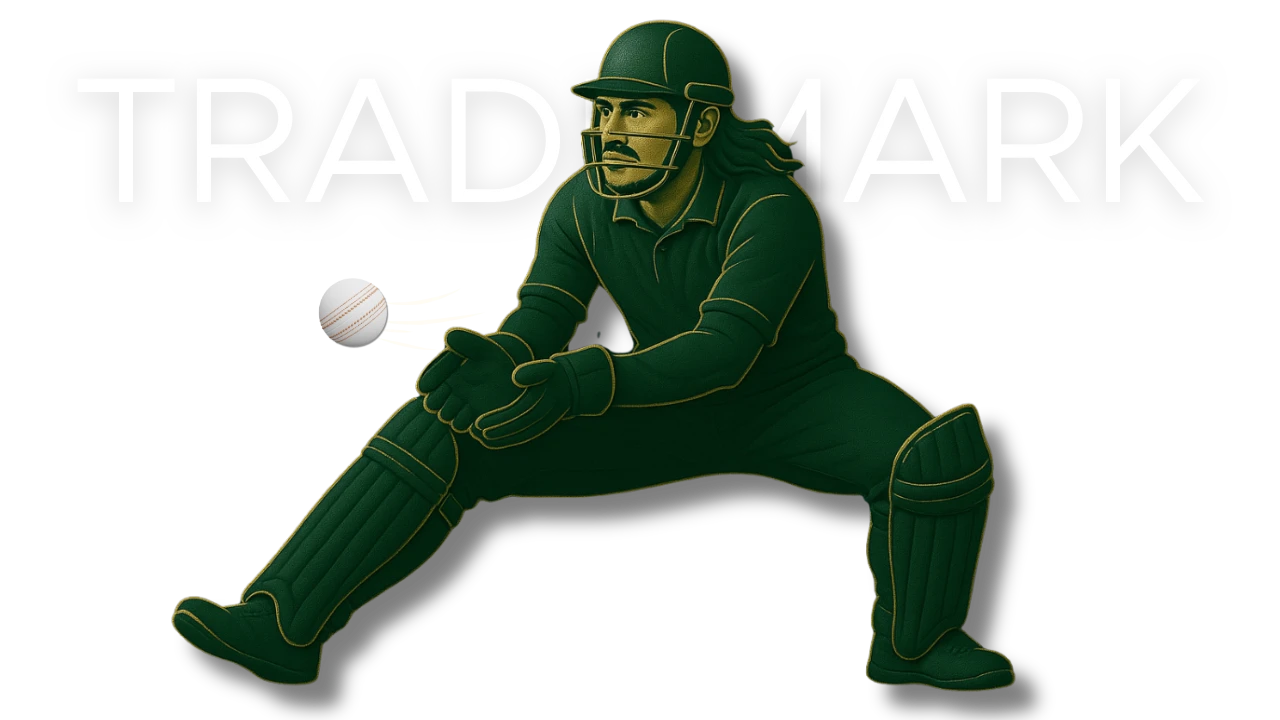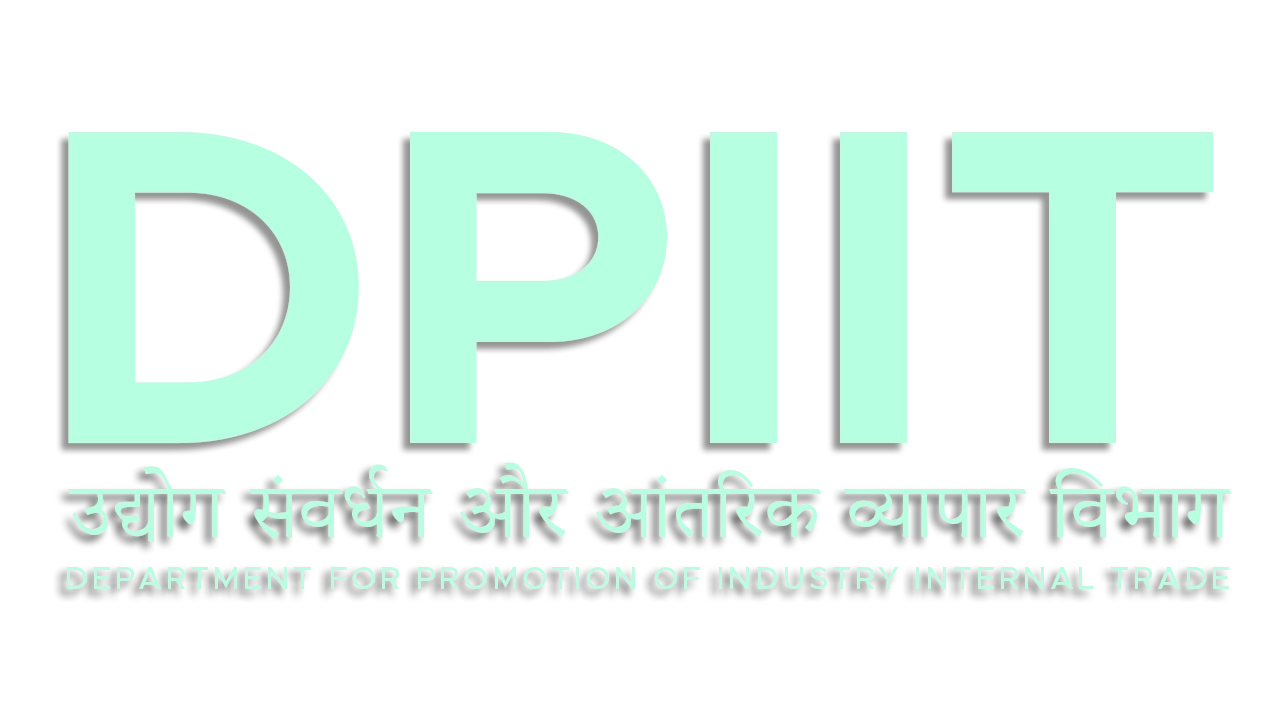In an era where personal brands hold immense commercial value, the registration of celebrity names and monikers as trademarks has become a critical strategic move for public figures. This is gaining significant traction in India, reflecting a broader global shift towards recognising and protecting the intellectual property inherent in a celebrity’s persona. For instance, there is no dispute that Rajinikanth is ‘Thalaivar’ and Sachin Tendulkar the ‘Master Blaster’. A prominent recent example is cricketing legend Mahendra Singh Dhoni’s endeavour to trademark his famous moniker, “Captain Cool.” These titles begin as informal expressions of admiration and are freely used by the public. Over time, they become exclusive identifiers for the celebrity. But when a nickname achieves this status through public use, can one claim legal ownership?
Celebrities are increasingly claiming exclusivity, both over their given names as well as fan-given nicknames. Sachin Tendulkar and Akshay Kumar have already filed trademarks for their nicknames, Master Blaster and Khiladi, for business activities from apparel to entertainment. This seems reasonable in a world where celebrities command mass attention but where reputations are fragile, and minor missteps damage commercial value.1
Names as Trademarks: Legal Framework and Challenges
The Indian Trademark Act, 1999, permits the registration of names and their abbreviations as trademarks. However, for a name to be registrable, it must possess a distinctive character, capable of distinguishing goods or services. While common names or surnames might initially lack this distinctiveness, they can acquire it through consistent and widespread use, a concept known as “acquired distinctiveness.” This principle is crucial for celebrities whose names or nicknames become synonymous with certain qualities, products, or services over time.
However, the path to trademark registration for names is not always smooth. Challenges often arise regarding prior identical marks, the generic nature of a term, or the lack of exclusive association with the celebrity. For instance, if a proposed trademark has no meaning other than being a surname, its registration might be denied unless distinctiveness can be proven. Moreover, the Act includes provisions such as Section 14, which requires written consent when a trademark falsely suggests a connection with a living or deceased person, and Section 35, which allows individuals to legitimately use their name or surname in business legitimately, even if it overlaps with a registered trademark.
MS Dhoni’s “Captain Cool”: A Case in Point
M.S. Dhoni’s application for “CAPTAIN COOL” for sports training and coaching services in Class 41 exemplifies the intricate journey of celebrity trademark registration. Filed initially on a ‘proposed to be used’ basis in June 2023, the application faced an examination report citing an identical prior trademark held by Prabha Skill Sports (OPC) Private Limited. Dhoni’s legal team responded by asserting his exclusive association with the moniker since January 1, 2008, a testament to his long-standing connection with the epithet.
Despite the Trade Marks Registry’s eventual acceptance and advertisement of the trademark in June 2025, Dhoni continues to face legal hurdles. He has filed a rectification application against the prior “Captain Cool” registration, alleging bad faith. Furthermore, an individual has formally opposed Dhoni’s application, arguing that “Captain Cool” is generic, lacks distinctiveness, and is not exclusively associated with him, pointing to its prior association with Sri Lankan cricketer Arjuna Ranatunga. The opponent also questioned the retrospective amendment of the user claim without sufficient evidence of commercial use by Dhoni himself. This ongoing legal battle highlights the challenges in proving exclusive association, especially for terms that may have broader or pre-existing uses.
Precedents and Global Perspective
The significance of protecting celebrity intellectual property is not new. Globally, iconic brands like Gucci, Ford, Versace, and Chanel are testament to the power of names as trademarks, where the founders’ surnames have been protected. In India, similar protection has been extended to prominent surnames like BAJAJ, TATA, and JINDAL.
Legal precedents further solidify the notion of protecting celebrity-associated identifiers. Cases like ICC Development (International) Ltd. vs Arvee Enterprises2 have established the principle of safeguarding personality rights. While Amitabh Bachchan’s attempt to register “BIG B” faced its own set of challenges, the general trend indicates a move towards greater protection. More recently, the Delhi High Court restrained unauthorised use of film actor Anil Kapoor’s name, likeness, voice, and persona, emphasising the growing recognition of personality rights beyond mere trademarks. Similarly, cases such as Jindal Industries Private Limited v. Suncity Sheets Private Limited3 underscore the delicate balance between trademark protection and the constitutional right to use one’s own name in business.
Indian courts have consistently reinforced the principles governing name trademarks through various rulings like in Mahindra and Mahindra Paper Mill v. Mahindra and Mahindra Ltd4 the Supreme Court restrained the paper mill from using the name “MAHINDRA,” recognising its established reputation and association with the respondent’s quality products and services, emphasising the protection afforded to well-known marks. The Delhi High Court in Honda Motors Co. Ltd. v. Charanjit Singh and Ors.5 acknowledged the distinctiveness, reputation, quality, and goodwill associated with the “Honda” mark, even when used in a different class of goods, reinforcing the idea of a well-known mark extending protection beyond its registered categories. In contrast, the Bombay High court in Raymond v. Raymond Pharmaceutical6 ruled that the use of “RAYMOND” for an online medicine business did not dilute the plaintiff’s mark, finding no evidence of unfair adoption or harm to reputation. This case highlighted the importance of establishing a likelihood of confusion or dilution for infringement claims.
In Goenka Institute of Education and Research v. Anjani Kumar Goenka and Another,7 the court permitted the defendant to continue using “GOENKA” based on the doctrine of honest concurrent use, a principle allowing the simultaneous use of similar marks by different entities if they have been used honestly and concurrently without causing confusion. The Delhi High Court in Manju Monga v Manju Mittal8 restricted the defendant’s use of “MANJU” for cookery classes but allowed “MANJU MITTAL COOKERY HOUSE” or “MANJU MITTAL TRAINING CENTRE” with specific conditions, again showcasing the court’s effort to balance individual rights with trademark protection.
A significant ruling, Anil Kapoor v. Simply Life India & Ors.9, the Delhi High Court restrained unauthorised use of film actor Anil Kapoor’s name, likeness, voice, and persona. This judgment underscored the expanding scope of personality rights, extending beyond just names to encompass a celebrity’s entire public identity. In Dolma Tsering v. Mohd. Akram Khan and Anr10, the Delhi High Court ordered the cancellation of a trademark that infringed upon “DOLMA AUNTY MOMOS,” which included the petitioner’s name, demonstrating protection for unique names associated with specific businesses. These cases collectively illustrate the nuanced approach of Indian courts in balancing trademark protection for names with individual rights and the need to prevent public confusion.
Conclusion
The “Captain Cool” saga with M.S. Dhoni serves as a compelling illustration of India’s evolving celebrity intellectual property landscape. As public figures increasingly leverage their personal brands for commercial ventures, the strategic importance of trademark for names, nicknames, and distinctive attributes becomes paramount. Beyond monetisation through merchandise, endorsements, and digital content, such registrations are crucial for maintaining control, preventing misuse, and safeguarding public image. While the legal journey can be fraught with challenges, the precedents set and the ongoing efforts by celebrities like Dhoni are shaping a jurisprudence for intellectual property protection in the burgeoning celebrity economy. Ultimately, securing these rights is not just about commercial gain, but about preserving reputation, goodwill, and unlocking global opportunities for renowned personalities.
Citations
- Nicknames, Notoriety and IP: The fine print in celebrity branding, By Kirti Balasubramanian, Paarth Samdani, Published on July 21, 2025, available at: https://www.forbesindia.com/article/leadership/ nicknames-notoriety-and-ip-the-fine-print-in-celebrity-branding/96410/1
- ICC Development (International) Ltd. v. Arvee Enterprises (1077) 433 US 562.
- CS(COMM) 679/2023
- 2002 (2) SCC 147
- 101(2002)DLT359
- SUIT NO.437 OF 2006
- AIR 2009 DELHI 139
- I.A. No.5379/2011 in CS (OS) No.820/2011
- CS(COMM) 652/2023
- 2024 SCC OnLine Del 1825.
Expositor(s): Adv. Khushboo Saraf






